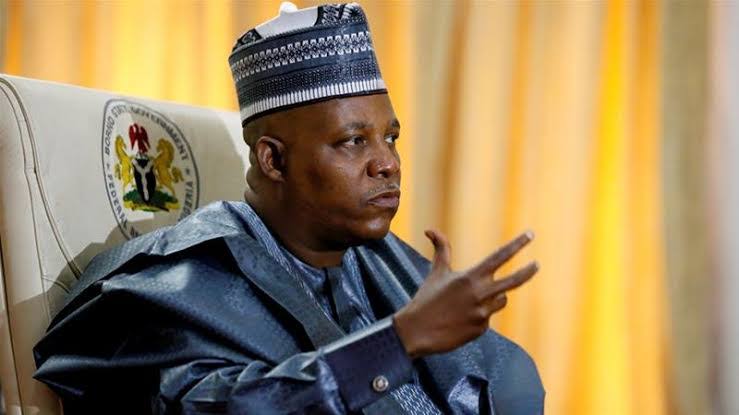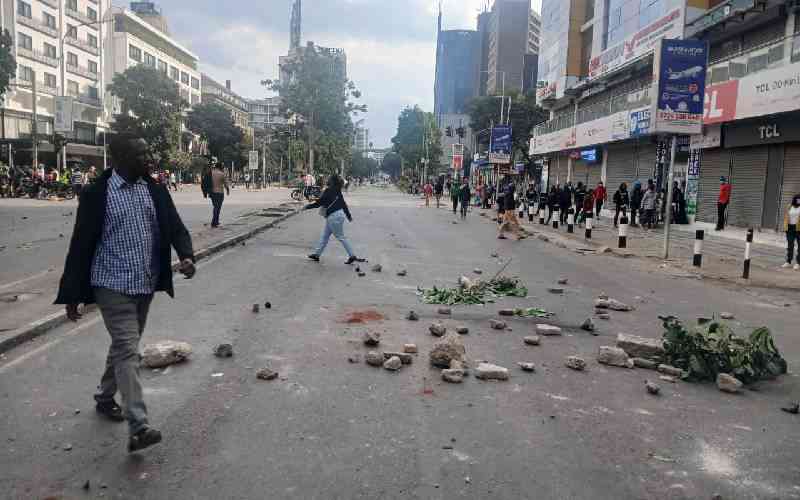Experts explore security partnerships reshaping in West Africa - Graphic Online
The two-day workshop, the second in a series in the Pacific under the Security Programmes in Disordered States Initiative, aimed to explore how diverse security networks are reshaping global security paradigms, particularly in West Africa.
Leading academics, policy practitioners and think tank experts from Mali, Cote d'Ivoire, Ghana, Senegal, Cameroun, Nigeria, Benin, Niger, Sierra Leone, Burkina Faso and the United States of America (USA) attended the event organised by the Centre for Effective Global Action at the University of California (CEGA), Berkeley, in partnership with the KAIPTC with funding from the Carnegie Corporation of New York.
It sought to assess the prevailing security landscape in West Africa and the Sahel within the context of the current global order.
Participants delved into how West African states navigate their security partnerships with both traditional and emerging actors.
A key objective was also to foster a broader policy and scholarly community interested in those critical issues and global engagement.
Opening the workshop, the acting Commandant of the KAIPTC, Air Commodore David Anetey Akrong, highlighted the growing prominence of multi-actor security networks in the post-Cold War era.
Those networks, he explained, had emerged to address security challenges worldwide through mechanisms less reliant on traditional hierarchies.
He pointed out that the arrangements often originated within states grappling with escalating violence and insecurity, seeing national leaders and their opponents’ forging partnerships with foreign states, intergovernmental organisations (IGOs), international nongovernmental organisations (INGOs), private contractors and even international corporations.
"The growth of multi-actor security networks means that global security efforts are no longer just governments collaborating on global security, instead, various partners are now working together on issues like peacekeeping and developing police force,” Air Commodore Akrong said.
The joint efforts, he stressed, were really important in shaping how the world would stay stable and organised.
The KAIPTC, since its inception in 2003, he said, had collaborated with its development and institutional partners to undertake a series of training programmes, cutting-edge policy and applied research, and education with the overall aim of contributing to the maintenance of peace and security in West Africa and Africa in general.
While commending the Carnegie Corporation of New York and the Centre for Effective Global Action at the University of California, Berkeley, for their vital partnership with KAIPTC in implementing the project, Air Commodore Akrong expressed the hope that resolutions from the workshop could contribute significantly in shaping the security policies within the sub-region.
A Researcher at the American University, Prof Sussana Campbell, underscored a crucial shift in understanding global security.
She explained that the project's central goal was to reframe perceptions of security provision, specifically on who was responsible and what it entailed, and to better understand the choices states made in governing their own territory.
Prof Campbell further elaborated that the overarching aim was to move beyond the traditional notion that only powerful states shaped the world order, stressing that "the initiative sought to truly comprehend the impact of choices made by civil society organisations in enhancing security."










